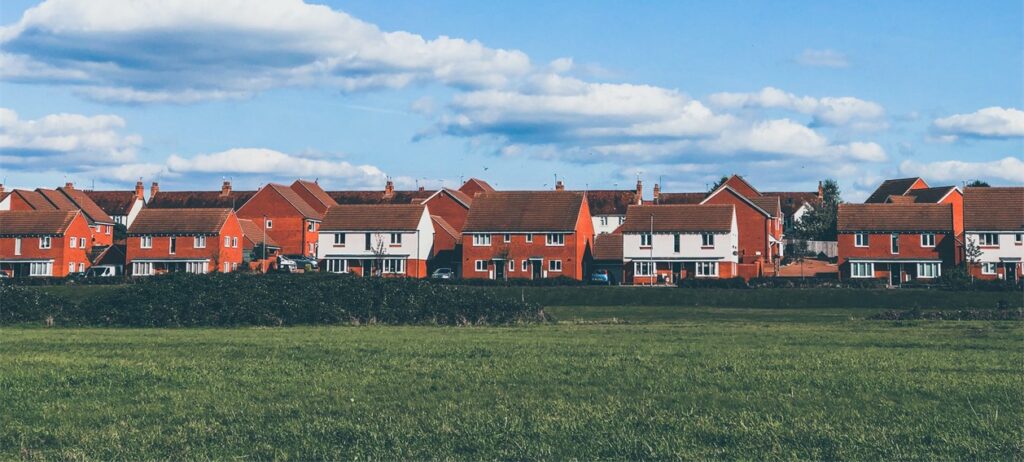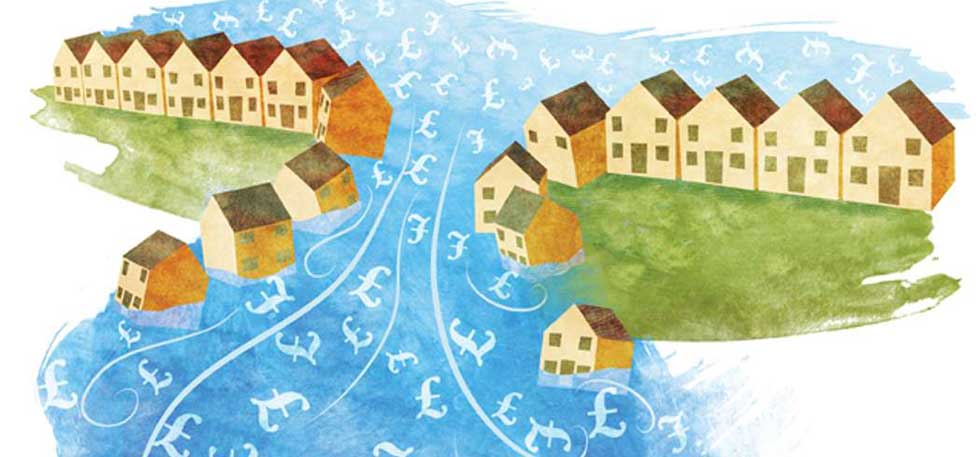Over thirteen yearsexperience in the industry
We can offer aMarket comparison
Accepted bymajority of high street banks
Recognised byUK Finance
WHAT IS CIL? HOW DOES CIL EFFECT MY SELF BUILD? HOW CAN I MITIGATE MY CIL PAYMENT?

What is CIL?
According to the Government website, “the Community Infrastructure Levy (the ‘levy’) is a charge which can be levied by local authorities on new development in their area. It is an important tool for local authorities to use to help them deliver the infrastructure needed to support development in their area.
Most new development which creates net additional floor space of 100 square metres or more, or creates a new dwelling, is potentially liable for the levy.”
How does CIL Affect my Self Build?

Image: www.homebuilding.co.uk
For some types of build, including self-build, relief or exemption from the levy may be available.
A self-build housing exemption is available to anyone who builds or commissions their own home for their own occupation. On completion, they must provide the requested supporting evidence. The property must also remain their principal residence for a minimum of 3 years.
According to the Government guidance, there is a set process which requires 4 steps. These must be undertaken within the required timescales in order to gain a self-build exemption.
Step 1
The applicant must assume the liability to pay the levy by completing an Assumption of Liability form and submit this to the collecting authority.
Step 2
The applicant must certify that the scheme will meet the criteria to qualify as a ‘self-build’ development and complete a Self-Build Exemption Claim Form and submit to the collecting Authority.
Step 3
A commencement notice must be received by the collecting authority prior to the commencement of the development (start of works on site). This must state the date on which the development will commence; failure to submit the commencement notice will be subject to a surcharge.
Step 4
Following completion of the build, the Self-Build Exemption Claim Form – Part 2 must be submitted to the collecting authority, along with the additional supporting evidence, within 6 months of the date of the compliance certificate. Acceptable supporting information includes:
- Proof of the date of completion
- Proof of ownership – (freehold or leasehold)
- Proof of occupation as the applicant’s principal residence
In addition to the above, applicants must also provide a copy of one of the following:
- An approved claim from HM Revenue and Customs; or
- A Specialist Self-Build Warranty; or
- An approved Self-Build Mortgage from a bank or building society.
For further information on Self-Build Warranties please contact Ed, Kelly or Rob on tel: 01284 365345 or email ed@granitebw.co.uk / kelly@granitebw.co.uk / rob@granitebw.co.uk
Copyright © 2025 Granite Building Warranties
Supported by Fox 360 Ltd
Granite Building Warranties Ltd is an Appointed Representative of Richdale Brokers & Financial Services Ltd which is authorised and regulated by the Financial Conduct Authority.
Granite Building Warranties is a company registered in England and Wales (Company Number 11497543) with its registered office at 1st Floor, 5 Century Court, Tolpits Lane, Watford, WD18 9PX
